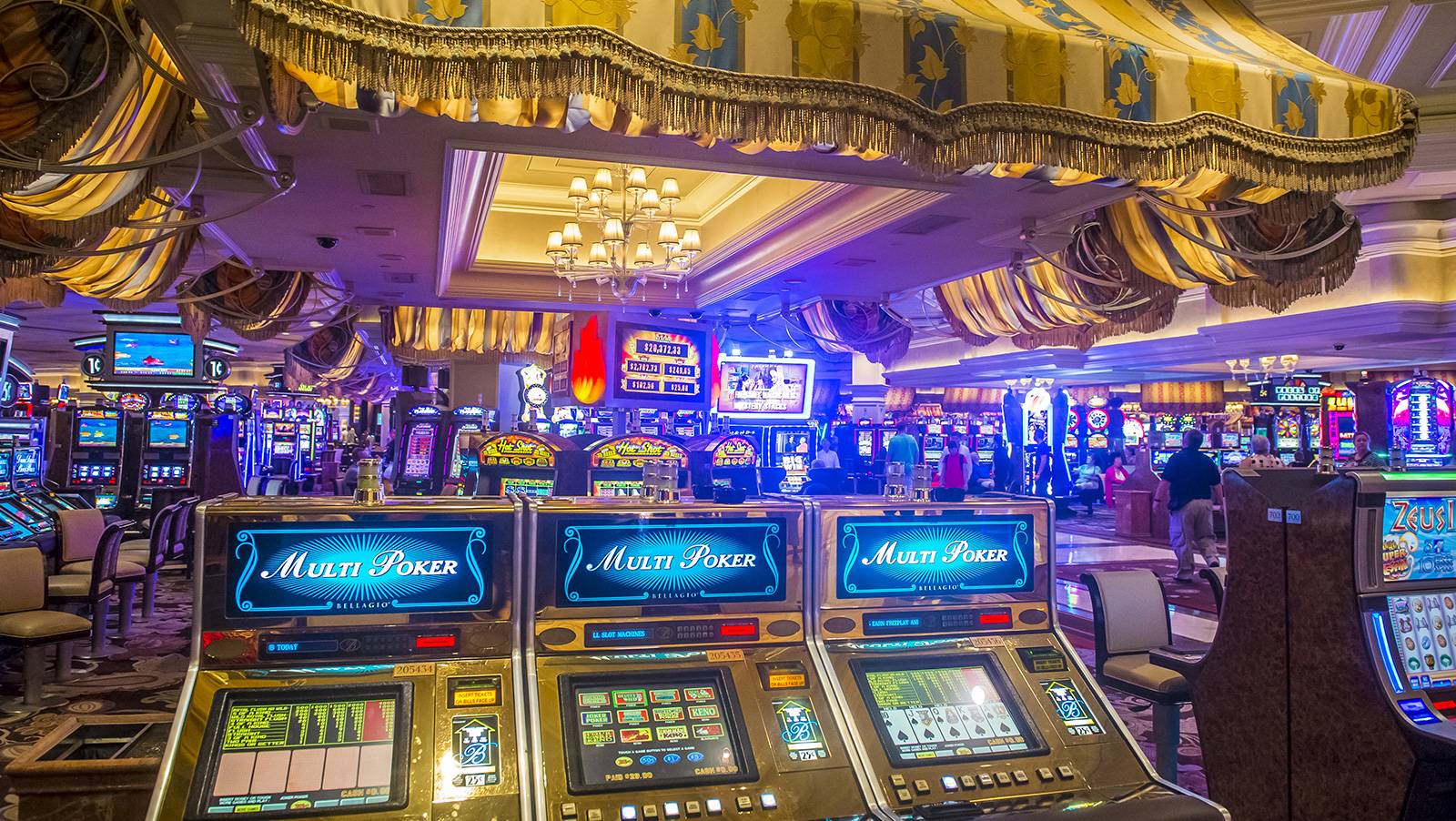It was back in October when William Hill stock had a chance to jump higher quickly on merger rumors with Amaya. The chances were high enough that the deal would not go through so as not to take a position. Sure enough, one week later, the deal fell through. Hill is now stuck looking for organic growth, which it is not getting. The online segment continues to struggle, and retail revenues were only up 4% as of the last half year report due to a higher win percentage. Amounts wagered were actually lower. For consistent growth, volumes are more important than the amount of revenues you take home.
The stock is now a more decent buy having fallen 11.5% since October when the rumors were flying, but right now there is nothing inherent that would cause shares to rise. In fact, 2017 has begun with a bad omen as William Hill lost six figures on Super Bowl betting despite record volumes while most of its competitors came out on top. That has nothing fundamentally to do with the bookie itself but there is still too much risk to its business from government encroachment.
Retail accounts for 57% of William Hill’s top line. Fixed odds betting terminals (FOBTs) are a big part of that, and they’re under attack. The standard moralist argument is that FOBTs cause poverty and anguish and take advantage of innocent people who spin £100 of borrowed loan shark money every 20 seconds for hours and lose everything. And then hit men come and break their legs when they can’t pay and there’s been a spate of paraplegics with broken legs in poor neighborhoods and it’s all William Hill’s fault and if only these FOBTs weren’t so dangerous there would be no poverty and we’d all be back in the Garden of Eden. Because of course poor neighborhoods and gambling addiction never existed before FOBTs and for sure everything would be better if the limits were cut to £2 a spin. Sociology is an exact science and we know exactly what will happen with precision if the betting limits were to be cut in the way we arbitrarily decided because we all have PhD’s.
This is dangerous and shallow thinking teeming with hubris and guilt-tripping. It’s what F.A. Hayek calls The Fatal Conceit, imagining that we know the consequences of any policy aimed at social engineering. You look at one obvious and shallow cause and effect and think that it is the end-all-be-all. In this case you see a guy in debt placing irresponsible bets at a terminal and conclude that it’s the terminal that is causing the irresponsible behavior and not something inherent within the person who is only using the terminal as an outlet for whatever his personal demons happen to be.
